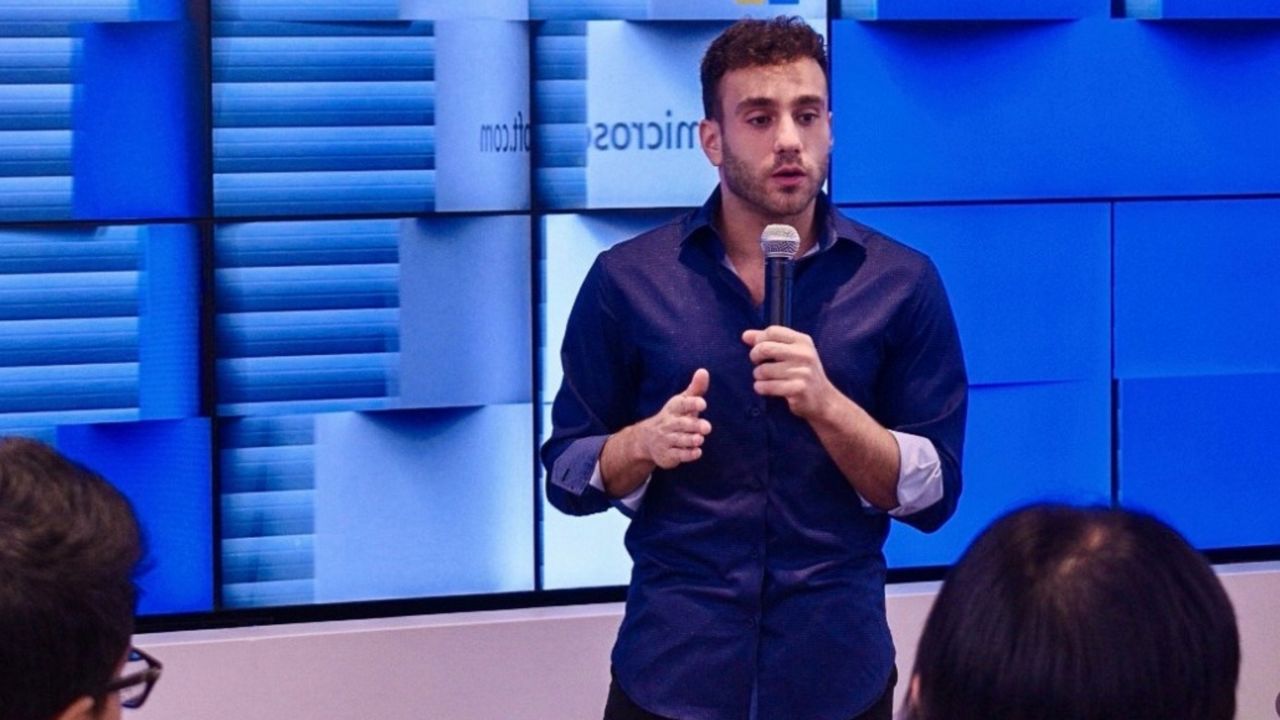LOS ANGELES — A new digital tool is generating great excitement and simultaneous controversy. ChatGPT (Chat Generative Pre-trained Transformer) is a “chatbot” driven by AI technology. This efficient digital assistant performs a variety of tasks, from writing computer codes to producing creative campaigns.
While progress in AI technology continues, it will inevitably affect the digital economy, says consultant and tech expert Michael Peres. The serial entrepreneur and software engineer is encouraging workers to be prepared as technological advances continue.
“As AI emerges, the days of earning a living from patternized work will soon be a relic of the past. AI will become incredibly good at doing tasks with mean output, as its behavior is derived from large sums of aggregated data,” Peres explained.
And whether you are an advanced coder or an average “Googler” looking for specific information, ChatGPT has proven to provide savvy results, collecting specific points without the need to open up and browse through different links. This is just one of many advantages, Peres says.
“From non-judgemental mental health support to learning a new language, through ChatGPT’s utilization of Natural Language Processing (NLP) technology and reinforcement learning, ChatGPT’s AI has gradually become highly proficient at adapting its communication style to better engage with us,” Peres noted.
And the benefits of the tool have attracted users all over the world. In fact, according to a study from Swiss Bank UBS, Chat GPT has become one of the fastest growing applications in internet history. Still, despite its popularity and inevitable impact on the digital economy, according to Peres, there are legitimate limitations.
One such challenge is known as the “alignment” problem, Peres says.
“The alignment problem refers to the challenge of developing AI systems that are consistent with human values and objectives. Imagine trying to teach a brilliant, multilingual poet to understand and appreciate the beauty of a simple nursery rhyme. In this scenario, aligning the vastly more sophisticated intelligence of the poet with the seemingly basic values of the nursery rhyme can be an incredibly difficult task,” he explained.
While additional ethical and philosophical concerns continue to color the conversation around AI and ChatGPT, such as the misinterpretations of human goals or unforeseen consequences of the optimization processes, Peres says there are ways for individuals working in the digital economy (and beyond) to be prepared as technological advances continue to unfold.
“A key to getting yourself headed in the right direction is to introspect and identify qualities about yourself that are least replaceable. Using those attributes as your building blocks can take you to a place that is far out of reach for AI and your competitors,” Peres emphasized.
He also highlighted the benefits of non-physical skills.
“One effective strategy for investing in specialized skills that are less likely to be automated is to focus on non-physical skills, such as coding, writing, graphic design or consulting. These skills are not tied to a physical location and can be applied to a wide range of industries and contexts, offering individuals greater flexibility and job security in an increasingly volatile economic landscape.”
While the emergence of AI can significantly increase competition across various domains, and it may appear threatening at first, Peres says the outcome may cause a Cambrian explosion of creativity and innovation in various areas. And ideally, empower workers to grow in their unique individuality.
“Time to introspect and discover the aspects about yourself that are hardest to replicate. Double down on those traits and build your value around such.”



